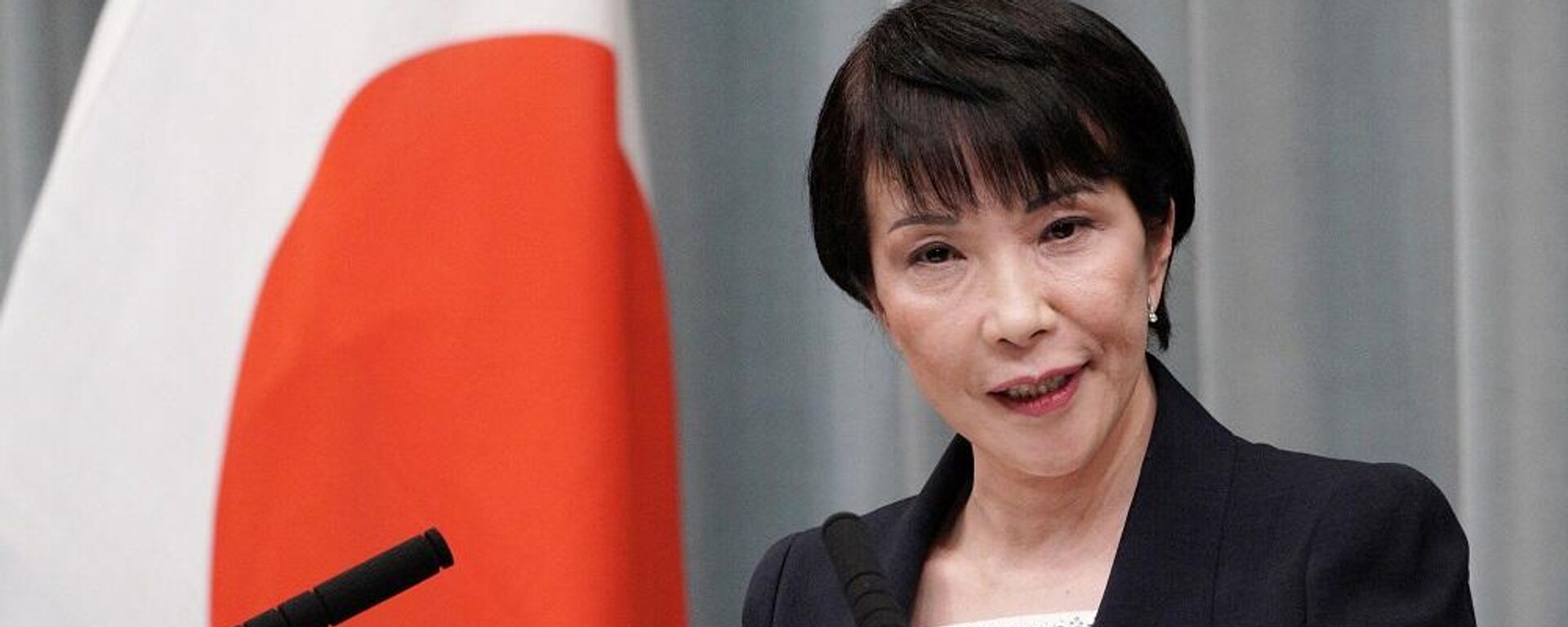A Historic Event in Tokyo.. Sanae Takaichi Becomes the First Woman to Serve as Prime Minister of Japan

Sanae Takaichi carved her path into history today, Tuesday, after winning the House of Representatives vote to become the first woman to serve as Prime Minister of Japan, a move that was clearly welcomed by local financial markets.
Takaichi, leader of the ruling Liberal Democratic Party, secured the first round of voting with 237 votes in the 465-seat council, thus eliminating the need for a runoff, according to Japan's national television.
Her victory is the result of her party's alliance with the Japan Innovation Party, with reports indicating that the two sides signed an agreement over the weekend to form a coalition government. According to Reuters, Takaichi agreed to support the allies' policies, which include reducing the number of parliamentary seats, providing free secondary education, and suspending the consumption tax on food for two years.
In an analysis of the new political situation, Tobias Harris, founder and director of the risk management consulting firm Japan Foresight, said in an interview with CNBC: "Joining a coalition with the Liberal Democratic Party, which is still suffering from historically low approval ratings and lacks genuine public trust, involves significant risk."
Harris added that the Japan Innovation Party may not want to take on ministerial positions, a point confirmed by local Japanese media reporting that the party does not seek to hold positions in the new government but intends to support it from outside. He noted that this situation "would make it easier for them to withdraw from the coalition" if they were dissatisfied with the Liberal Democratic Party's approach.
Japanese stock markets clearly welcomed Takaichi's rise, as the Nikkei 225 index recorded a new high on Tuesday following a record session on Monday, in what experts described as the "Takaichi trade," where investors are counting on more accommodative monetary policies and greater fiscal incentives. This optimism was reflected in bonds, with the yield on 10-year Japanese government bonds falling by 1.6 basis points to 1.654%, while the yen declined by 0.33% to 151.25.
Takaichi's path to the highest office in the country was not smooth. She lost the race for the presidency of the Liberal Democratic Party in 2024 to Shigeru Ishiba, whose party suffered significant electoral losses during his tenure and lost its majority in both the House of Representatives and the House of Councillors. Takaichi returned to win the party presidency last September, defeating Agriculture Minister Shinjirō Koizumi after Ishiba announced his resignation.
However, the political scene became complicated again on October 10, when the Komeito party suddenly withdrew from its alliance with the Liberal Democratic Party, ending a political relationship that had lasted since 1999, casting a shadow of uncertainty over Takaichi's political future before she could assemble the new coalition.
Takaichi belongs to the hardline conservative faction and is often described as one of the "students of Abenomics," the economic strategy launched by the late Prime Minister Shinzo Abe. She had previously criticized the Bank of Japan regarding its plans to raise interest rates, while Bank Governor Kazuo Ueda confirmed that the monetary institution would set its policies "without any preconceived assumptions."
On the geopolitical front, Takaichi is known for her tough stance towards China and her support for revising Japan's pacifist constitution. Her previous visits to the controversial Yasukuni Shrine, which honors Japanese war dead including convicted war criminals, have drawn sharp criticism from China and South Korea.
In this context, Kii Okamura, managing director and portfolio manager at Neuberger Berman, predicted in a conversation with CNBC earlier this month that Takaichi would be "very cautious" in how she presents her positions, especially regarding foreign policy.
He explained: "Her positions on China and Korea are well known, but she also understands the necessity of maintaining strong relationships with all these countries, especially with the United States, given the significant influence these markets have on Japan's main export destinations."